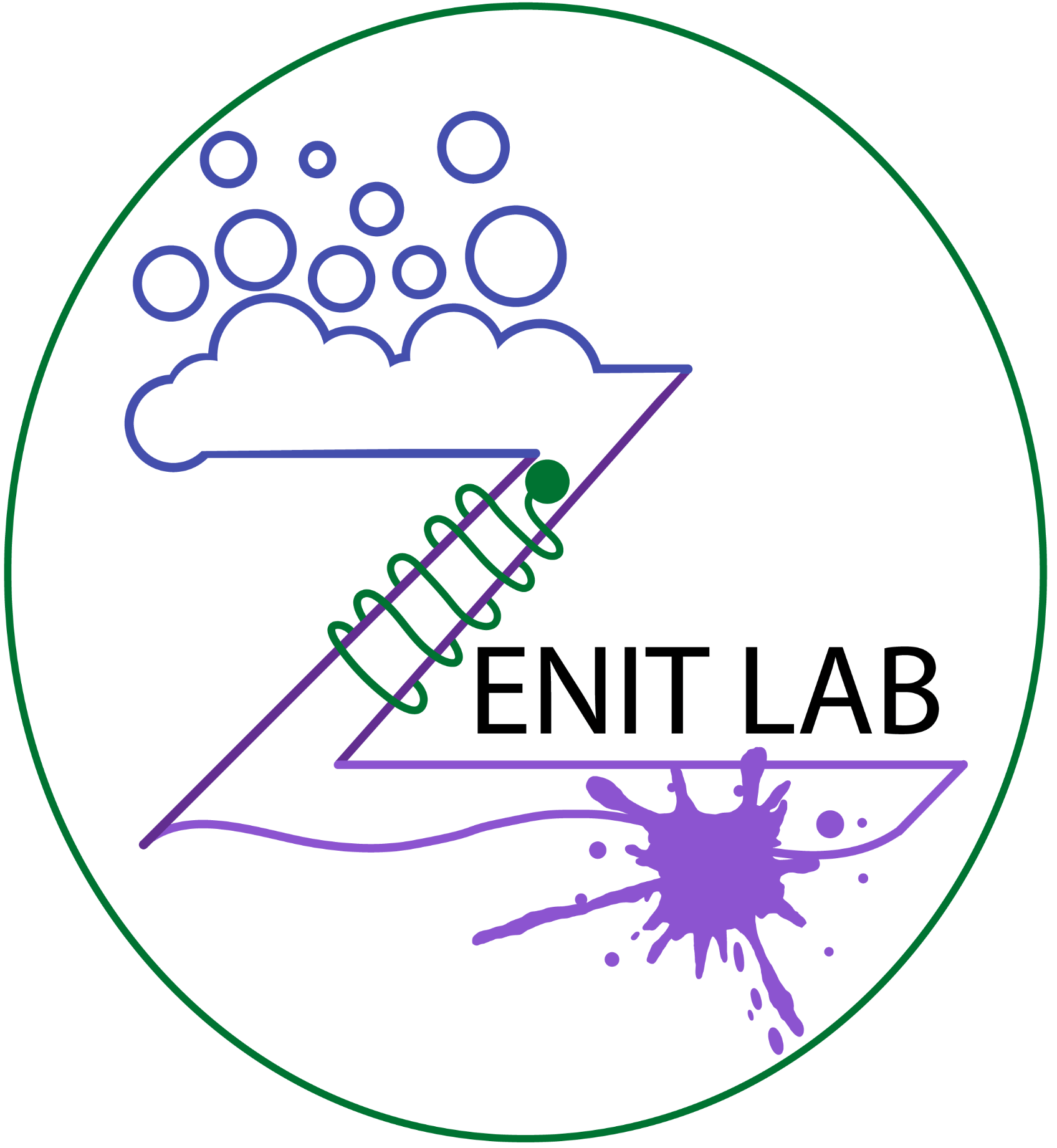ENGN 0810 – Introduction to Fluid Mechanics (Fall 2019, 2020, 2021, 2022, 2024)
Course Description: Properties of fluids, dimensional analysis. Fluid statics, forces on submerged surfaces, kinematics. Conservation equations. Frictionless incompressible flows, Euler’s equations, Bernoulli’s equation: thrust, lift, and drag. Vorticity and circulation. Navier-Stokes equation, applications. Laminar and turbulent boundary layers, flow separation. Steady one-dimensional compressible flow. Sound, velocity, flow with area change, normal shocks. Lectures, laboratory.
ENGN 2912W – Two-Phase Flows (Spring 2020)
Course Description: Introduction of two-phase flows. Flow maps. Conservation Equations. Two-phase homogenous flows. Drift flux models. Interfacial dynamics. The motion of single particles, drops, or bubbles. Bubble growth and collapse. Cavitation. Dusty gases. Granular flows. Sprays. The student who successfully completes this course will be able to understand the principles of two-phase fluid mechanics; be able to start reading specialized literature on the subject; recognize the areas of active research; and develop research projects in this general area.
ENGN 2920A – Complex Fluids: Particles and Interfaces (Spring 2021)
Course Description: Introduces the treatment of non-Newtonian liquids in flow. A review of classical rheological models will be discussed in detail. The course will focus on the effects of non-Newtonian behavior on the flow of these materials. The intended audience is graduate students in Engineering, Physics, Chemistry, and Applied Mathematics.
ENGN 2820 – Fluid Mechanics II (Spring 2022)
Course Description: Introduction to concepts basic to current fluid mechanics research: hydrodynamic stability, the concept of average fluid mechanics, introduction to turbulence and multiphase flow, wave motion, and topics in inviscid and compressible flow.
ENGN 1350 – Arts Fluids Engineering (Spring 2023, 2024, 2025)
Course Description: This course aims to use fluid flows to create art. During a series of lectures, students will participate in discussions in which a ‘fluid’ idea will be presented. A contrasting scientific/engineering and artistic analysis will be conducted in each of these lectures. The students will then identify a flow problem to create a piece of art: dynamic sculptures, paintings, videos, or installations. The art pieces will be presented at the end of the semester and exhibited publicly.

